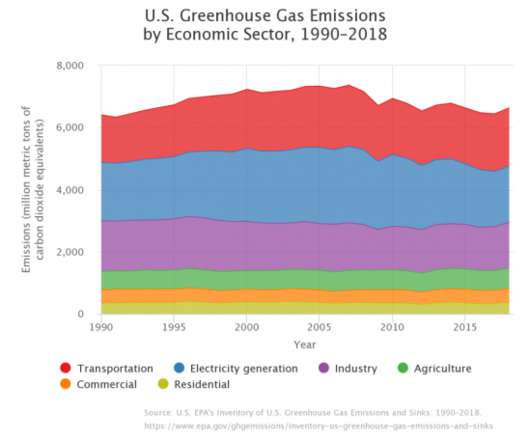Gasoline consumption per capita in 2020 was on par with that in 1965
Green Car Congress
DECEMBER 8, 2021
Because of the pandemic, there was a substantial reduction in 2020 in vehicle miles traveled. Overall , vehicle miles traveled in 2020 were down 13% compared with 2019. The results show that gasoline consumption per capita in 2020 was on par with that 55 years ago. Total consumption. Total consumption (millions of gallons).



































Let's personalize your content